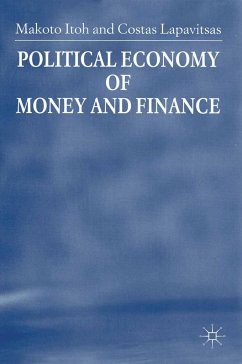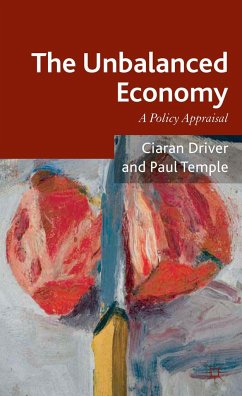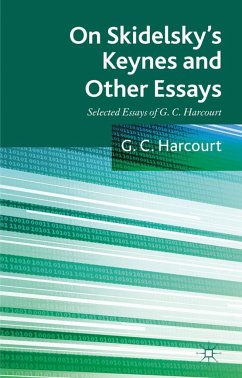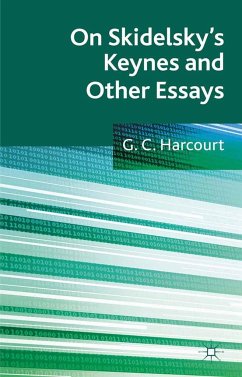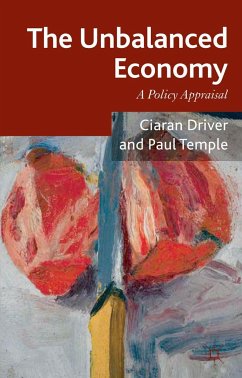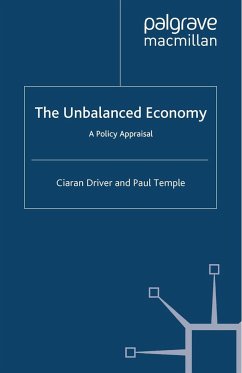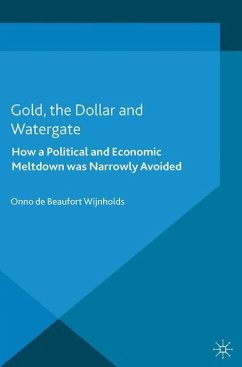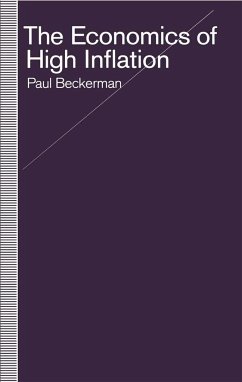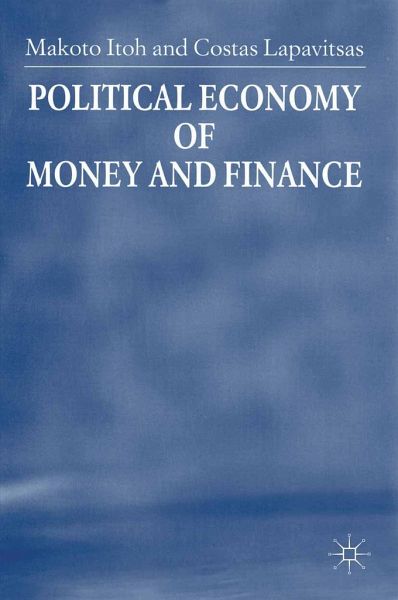
Political Economy of Money and Finance
Versandkostenfrei!
Versandfertig in über 4 Wochen
159,99 €
inkl. MwSt.
Weitere Ausgaben:

PAYBACK Punkte
80 °P sammeln!
To explain the pronounced instability of the world economy since the 1970s, the book offers an important and systematic theoretical examination of money and finance. It re-examines the classical foundations of political economy and the creator of money. It assesses all of the important theoretical schools since then, including Marxist, Keynesian, post-Keynesian and monetarist thinkers. By presenting important insights from Japanese political economy previously ignored in Anglo-Saxon economics, the authors make a significant contribution to radical political economy based on a thorough historic...
To explain the pronounced instability of the world economy since the 1970s, the book offers an important and systematic theoretical examination of money and finance. It re-examines the classical foundations of political economy and the creator of money. It assesses all of the important theoretical schools since then, including Marxist, Keynesian, post-Keynesian and monetarist thinkers. By presenting important insights from Japanese political economy previously ignored in Anglo-Saxon economics, the authors make a significant contribution to radical political economy based on a thorough historical analysis of capitalism.



